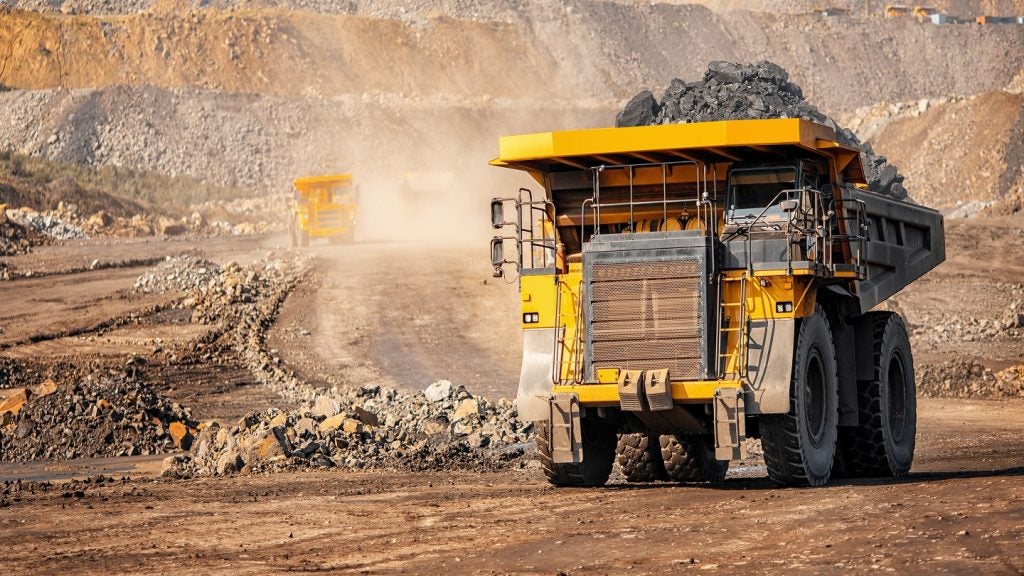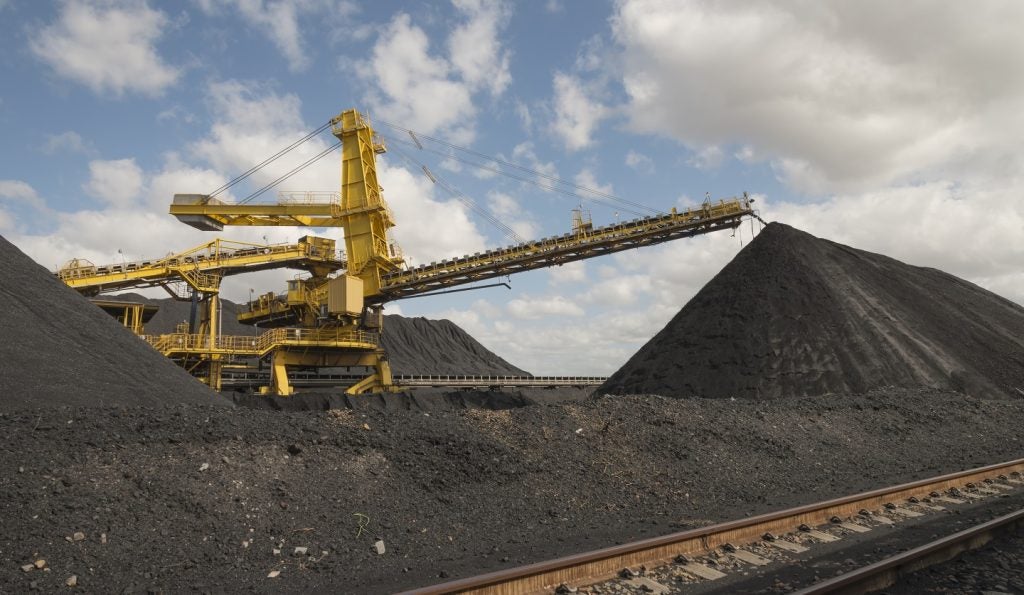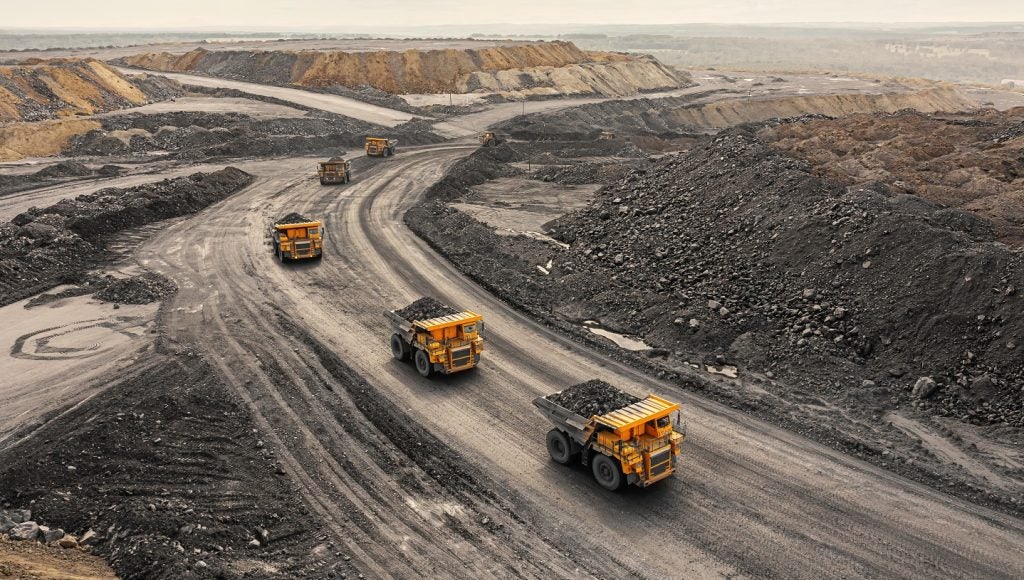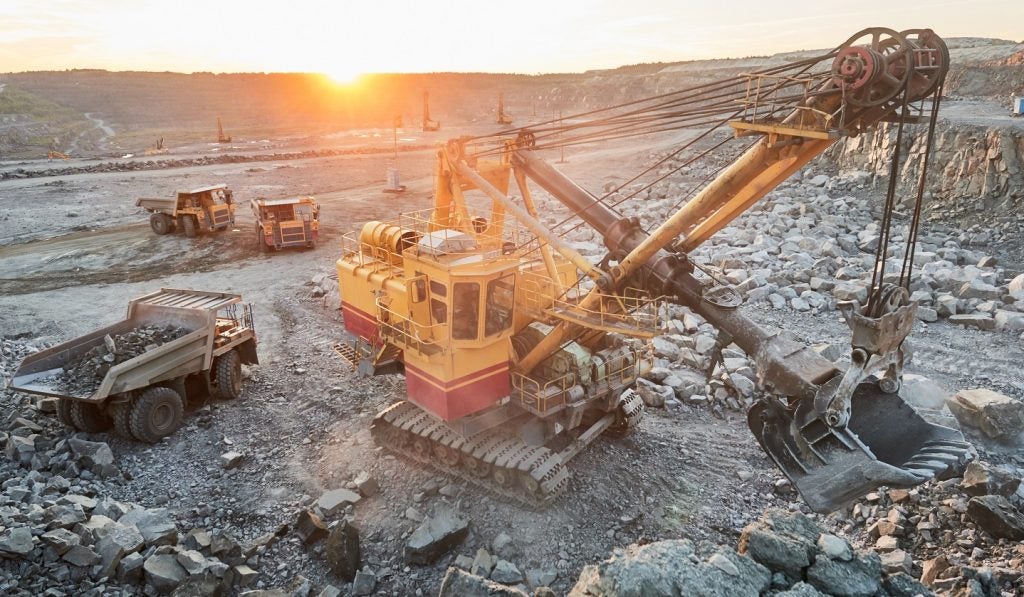
According to US Geological Survey data, the US imported 80% of its rare earths from China between 2015-2018, while China continues to eclipse every other country in terms of annual production figures. It’s a monopoly the US and others have been keen to diminish – rare earths are vital across several industries, but it’s particularly the applications to military equipment that has the US Department of Defense (DoD) worried.
The Pentagon is concerned that China could restrict the United States’ access to rare earths, to the point that the DoD has this year signed contracts with Australian rare earth producer Lynas and US producer MP Materials to carry out design and engineering work for two US heavy rare earth separation plants. Furthering the political interest, the US House of Representatives launched a bipartisan Critical Materials Caucus in July, the latest move by Washington politicians to reduce China’s dominance in rare earths and other critical materials.
Matthew Hall (MH): The US Government has been concerned about China’s dominance in rare earths. Why is it important to reduce dependence?
Mark Chalmers (MC): This period of COVID has highlighted America’s dependence on all critical materials, not just rare earths or other critical minerals, but also critical supplies, medical materials, vaccines, a whole host of different things. So I think that when you look at it, particularly with these superpowers like the United States and China, you need a certain supply chain for all critical materials.
I think that rare earths is kind of a unique area, particularly with the growth in rare earths for energy efficient equipment like electric motors, and electronics and whatnot. So, I just don’t think that it’s good practice for any major country to be really dependent on any country other than themselves.
MH: What do you see as the role of Energy Fuels’ in building up the United States’ strength in rare earths?
MC: Well, I think we’re kind of late to the party here. We didn’t announce until mid-April that we’re entering the rare earths business. I think our strength is that we have the White Mesa uranium vanadium mill, which can handle a lot of the uranium and radionuclides that are common in a lot of the rare earth streams. So I think that our strength is that we can process a number of streams that are problematic for others, because we can handle the radioactive materials and a lot of those streams, and particularly monazite.
Monazite is a known source of rare earths, it has favourable distributions, but also contains uranium. And we’re in a unique position that we can recover the uranium and that’s a real plus for us. That’s our core business. It has been for 40 years. The only other country right now that is doing this is China which is processing monazite for both the rare earths and the uranium. So we’re basically repeating, at a modest scale, the China model here.
How well do you really know your competitors?
Access the most comprehensive Company Profiles on the market, powered by GlobalData. Save hours of research. Gain competitive edge.

Thank you!
Your download email will arrive shortly
Not ready to buy yet? Download a free sample
We are confident about the unique quality of our Company Profiles. However, we want you to make the most beneficial decision for your business, so we offer a free sample that you can download by submitting the below form
By GlobalDataMH: What moves has the federal government made recently to get the ball rolling on US rare earth projects?
MC: Well, they’ve kind of spread out funding to quite a number of companies that are in the space. I think most recently they restarted the agreements they have with Lynas and MP Materials. And look, we’ve expressed some interest in those funds, but on the other hand, our main focus is to get going as quickly as we can. Even though we think that the support from the US Government is excellent, our main objective is to demonstrate that we can process monazite at a modest commercial scale within the next 12 months on our own devices – we don’t want to be slowed down with our plans.
MH: You said Energy Fuels’ is a late entrant into rare earths. What are the next steps that you’ll be taking as a company to really get a foothold?
MC: We’ve got a growing relationship with Neo Performance Materials – it’s not an exclusive relationship but it’s a very strong relationship with Constantine Karayannopoulos and his team. The next steps are securing sources of rare earth feeds and making sure that we have all the permits required to treat those feeds for recovering uranium in the first instance.
So there are a number of steps that are ongoing, but we have expressed an interest particularly for existing monazite streams, in the first instance focused on the United States. But we will also expand that interest outside the United States depending on what we can round up in the US. Potentially, depending on how we go forward over the next few years, we could get some feed secured and start processing material and obviously start selling concentrates free of the radionuclides – hopefully within the next 12 months or less.
MH: What more would you like to see in terms of government support to bolster the United States’ strength in rare earths?
MC: I think that there needs to be – and I think there is – a general realisation that to compete against the state-owned enterprises, particularly China’s, that’s not a level playing field. I think that for the US Government, one thing they can do in due course is to start to purchase materials from producers here in the United States, and that purchasing may have to be at a slight premium to world prices because a lot of the world prices are set by the Chinese.
So I think that the number one step is a realisation that we have a problem. Number two, you need to fix the problem. And number three, it’s very difficult to compete economically with state-owned enterprises because of the way they do business. So I think purchasing material at some stage or helping finance the capital expansions of some of these facilities.
We’re fortunate that at White Mesa, because it’s an existing facility in good working order and we’ve got about 60 people working there, we’re off to a very good start. The fact that we can handle the radioactive feed streams, we think puts us at a distinct advantage from others and the cost of increasing or optimising our plant will be far less expensive than people that are looking at building plants from scratch.
MH: When it comes to blunting China’s dominance in rare earths, is that something that the US can do on its own, or is this going to require a wider international effort?
MC: I think it’s recognised globally – again, not just in rare earths but all critical materials – that the world, particularly North America and Europe, is thirsty for non-Chinese state-owned enterprise sources of rare earths. So it’s a global issue, and I think that’s also helpful, when you look at the participation of Canada and Australia and Europe, they all tend to be trying to work together to have a broader base supply chain for rare earths.
We’re just at the beginning of a process of reflection here and an acknowledgement that we’ve got to address this issue. And I think it will be addressed, it will just take some time.







